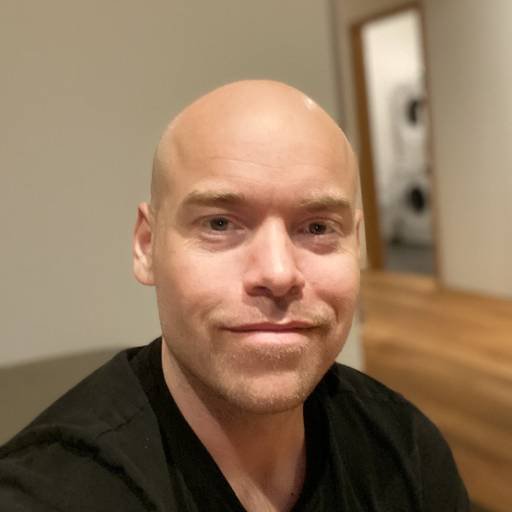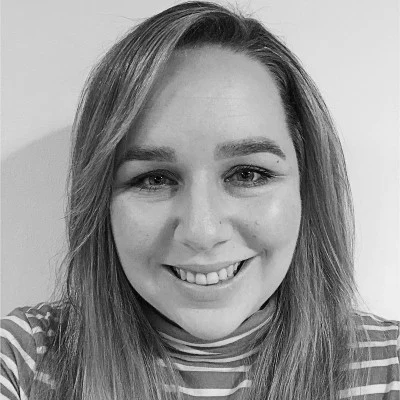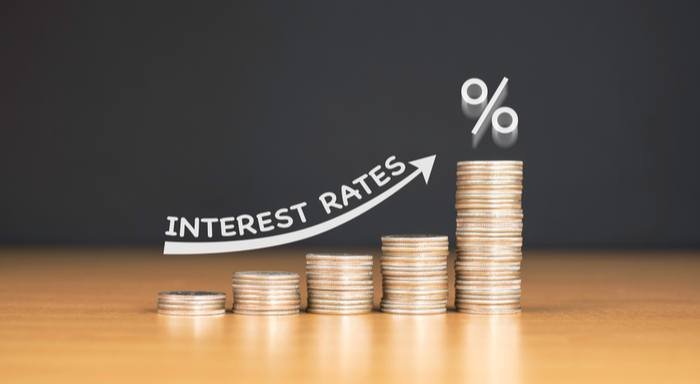Where to Park Cash to Maximize Interest in Your Brokerage Account

If you are like me, you are not always 100% invested in your brokerage account.
Chances are that you have a significant amount of cash just sitting there, slowly being eaten away by inflation while you wait for a good opportunity to invest it.
To start with, you should check your broker's website or call them up and ask them how much interest you are getting on idle cash in your account.
Chances are that it is very low, or zero.
If that is the case, then there are several places you can park that cash to make sure it is collecting interest for you.
Switch to a different brokerage
The most permanent option is to switch to a brokerage that pays a significant interest on the cash balance in your account.
My main brokerage account is with Interactive Brokers, which pays up to a 1.35% yield on all cash above 10,000 USD.
Interactive Brokers also has something called the Stock Yield Enhancement program, which pays interest on your shares if they lend them to short sellers.
This is a nice way to boost your total yield even further, with no downside to you.
Put the cash in a money market fund
Money market funds are mutual funds that invest in short-term debt. They are considered to be very safe, yet they generally have a higher yield than savings accounts.
You can park your uninvested cash in a money market fund to collect some interest until you find a suitable long-term investment for your money.
For example, Vanguard's Prime Money Market Fund (VMMXX) is currently yielding almost 2%, which easily beats the current inflation rate and pays more than most high-yield savings accounts.
Buy a short-term treasury bond ETF
What I prefer to do is park my money in a short-term bond ETF that invests in US treasuries.
Short-term bonds are very stable even when interest rates are changing and the ETFs pay monthly interest.
I generally park my cash in the iShares Short Treasury Bond ETF (SHV). It has an expense ratio of 0.15% and currently has a yield of 1.69%, with interest paid at the start of each month.
Buying an ETF works just like buying a stock. You simply type in the ticker SHV and proceed as if you were buying a stock. This is a highly liquid investment, meaning that you can sell it at any time when you have another use for the cash.
Keep in mind that you may still need to pay a transaction fee for buying or selling ETFs. So if you're going to need your money in a short amount of time then it may make more sense to just keep it in cash.
Alternatively, you can simply buy short-term bonds yourself. This is a little more complicated and you need to actively keep buying new bonds when the old ones mature until you find another use for the cash.
Put the money in a CD (certificate of deposit)
If you know you're not going to need your money for at least one month, then you can invest it in a CD (certificate of deposit).
These are financial products that tend to have a higher interest than savings accounts, as long as you keep your money for a fixed amount of time.
The main downside of these is that if you withdraw your money early, you may have to pay a penalty that negates all the interest you have collected.
Make sure all of your cash is collecting interest
Compound interest is the best way to build significant amounts of wealth over the long-term.
For this reason, it makes sense to ensure that all of your wealth is collecting interest throughout the year. This includes your emergency fund and checking account.
Taking a day or two to review all of your cash holdings and finding ways to optimize their interest rates could have a big impact on your total long-term returns.


